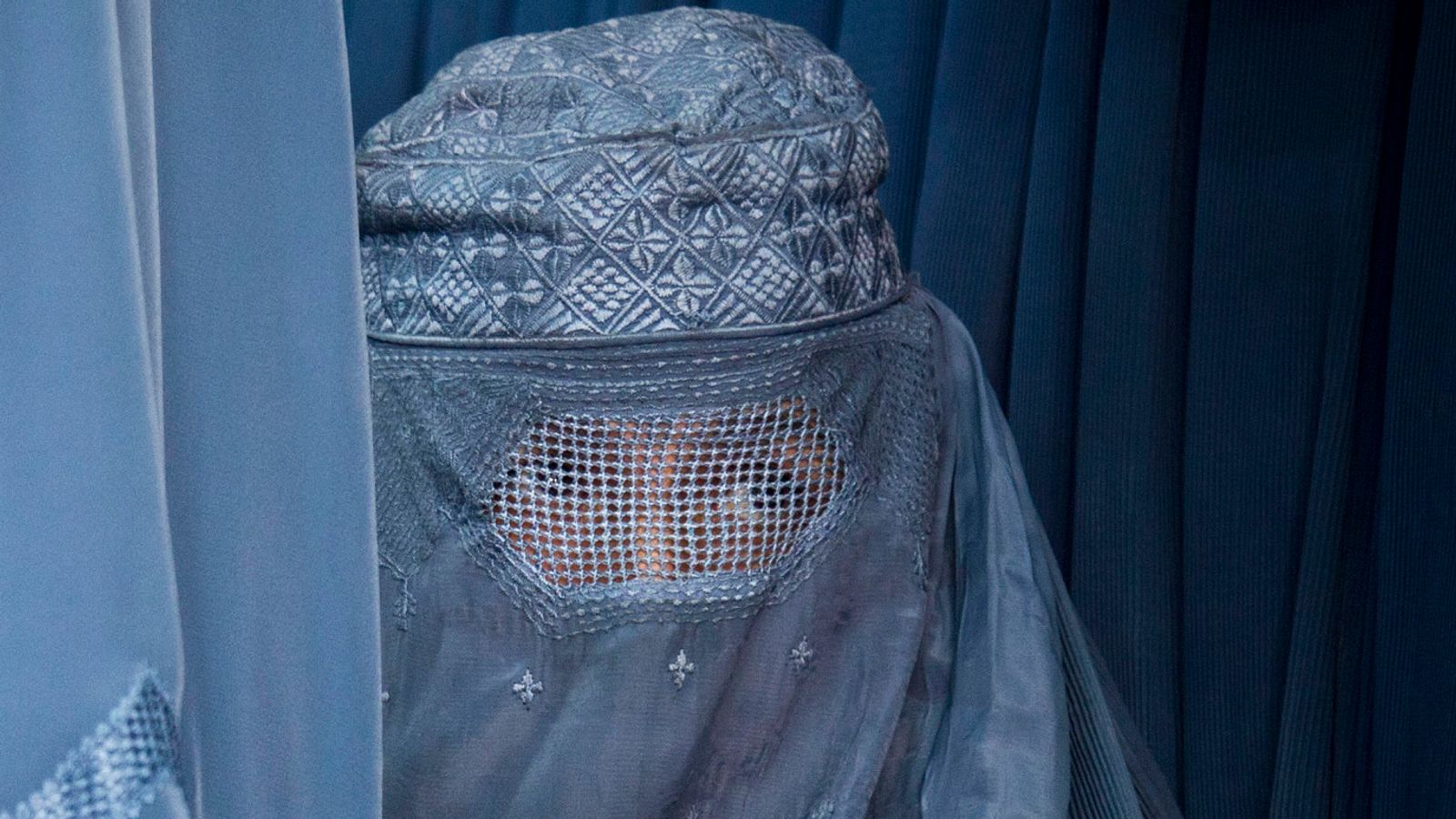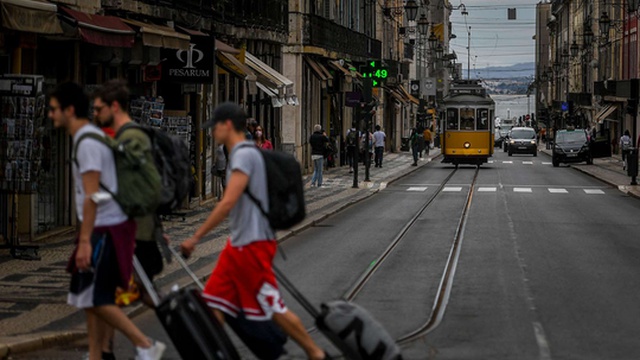Portugal's Parliament Approves Ban on Face Veils
Burkas and niqabs are set to be banned in most public spaces in Portugal after Members of Parliament voted in favor of a proposal to outlaw face veils introduced by the far-right Chega party. The measure applies when such veils are used for "gender or religious motives" and carries fines for offenders ranging from 200 euros to 4,000 euros.

Anyone found forcing someone else to wear a face veil could face jail time of up to three years. If enacted into law, this ban would align Portugal with other European countries like France, Austria, Belgium, and the Netherlands, which have implemented full or partial bans on face coverings.
Political Debate and Opposition
During the parliamentary debate, Andre Ventura, leader of Chega, argued that the ban was necessary to "protect female members of parliament, your daughters, our daughters, from having to use burqas in this country one day." However, the proposal faced opposition from several women MPs from left-wing parties, who confronted Ventura in the Assembly of the Republic. Despite this, the measure passed with support from the centre-right coalition.
Andreia Neto of the ruling Social Democratic Party stated before the vote, "This is a debate on equality between men and women. No woman should be forced to veil her face."
Next Steps and Context
The bill now awaits potential action from Portugal's President Marcelo Rebelo de Sousa, who could either veto it or refer it to the Constitutional Court for further review. In Portugal, face veils like niqabs and burqas are very rare, with only a small minority of Muslim women in Europe choosing to cover their faces. Nonetheless, the issue has sparked controversy across the continent, with debates centering on women's rights, security concerns, and religious freedom.

















Comments
Join Our Community
Sign up to share your thoughts, engage with others, and become part of our growing community.
No comments yet
Be the first to share your thoughts and start the conversation!